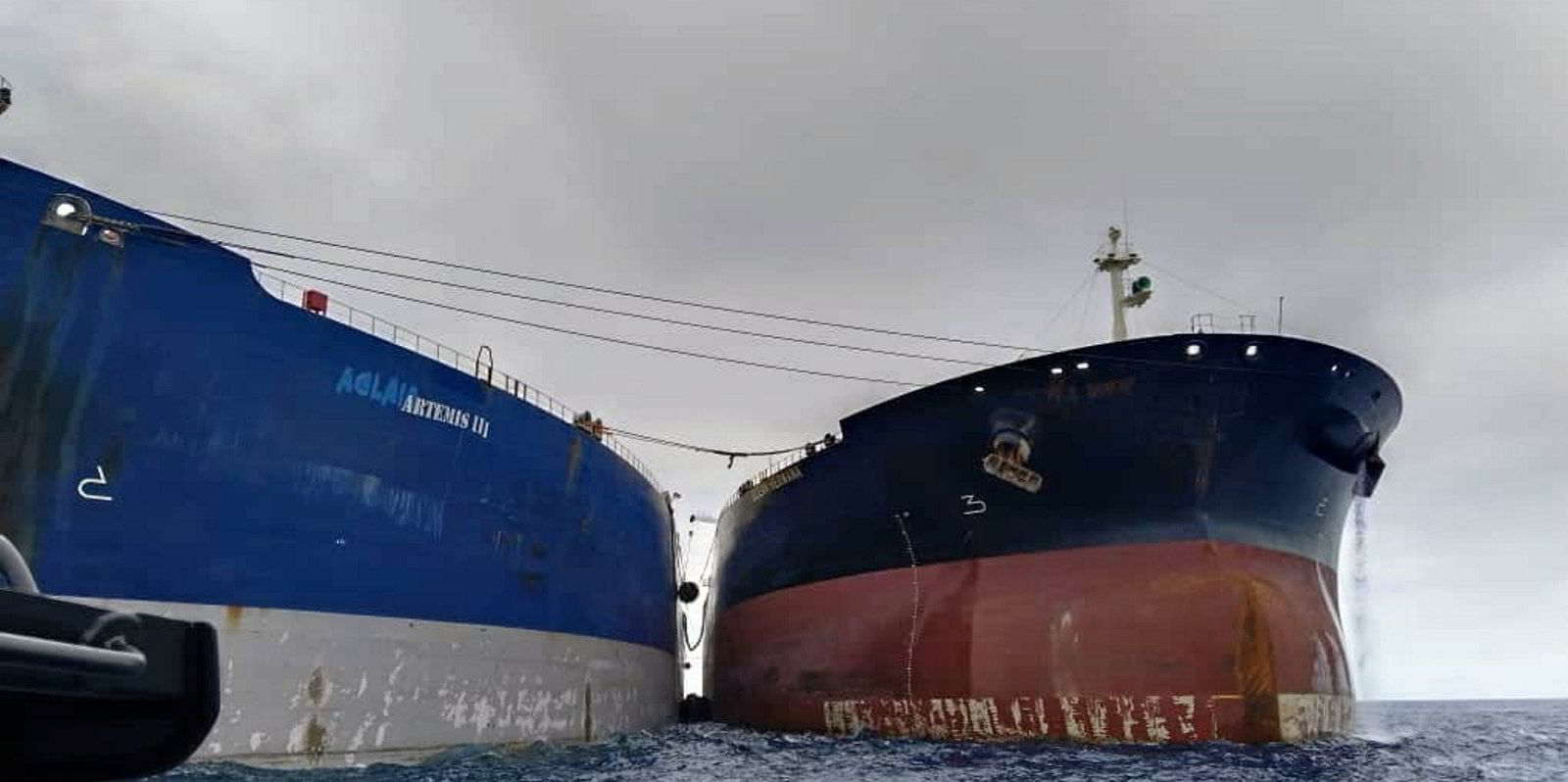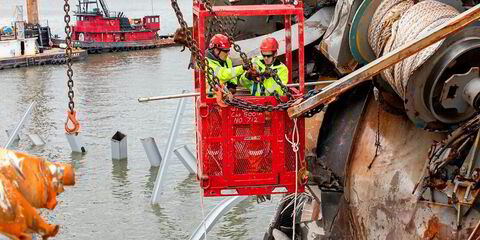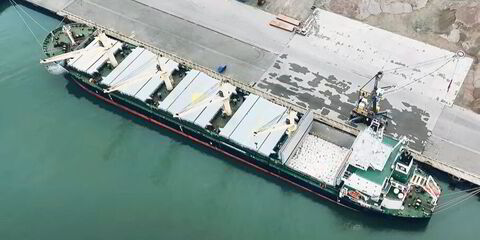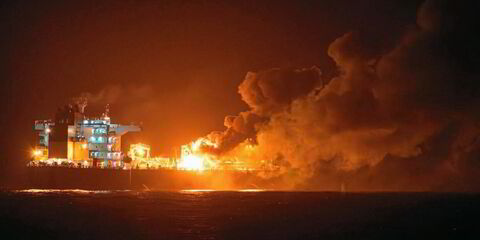US lawmakers have backed a bill seeking to impose stricter sanctions on the movement of Iranian oil.
Republicans and Democrats supported the Stop Harboring Iranian Petroleum (Ship) bill on Friday by 342 votes to 69.
The bill seeks to use property freezes and visa bans against individuals and groups that promote the Iranian oil trade.
It could target ports that accept Iranian oil shipments, refineries and transport services including shipping and ship-to-ship transfers, according to backers of the bill.
The bill was pushed through the lower House of Representatives amid the backdrop of conflict in Gaza and concern over Iran’s surging exports.
They hit the highest level in May since March 2019 with 1.56m barrels per day. The main customers have been small teapot refineries in China.
“We need to impose stricter sanctions on the backers of Iranian petroleum starting with China,” said Mike Lawler, a Republican congressman in New York and one of the backers of the bill. “These secondary sanctions are critically important.”
Revenue and oil flow concerns
The bill still needs to be supported by the US Senate and by President Joe Biden, who is grappling with the conflicting challenges of hitting revenue flows of countries like Russia and Iran while keeping global oil flowing.
It is also unclear how effective any move would be with Iranian oil largely operating outside of US-linked shipping and port networks. China does not recognise the sanctions and has consistently railed at the United Nations against measures imposed by individual countries.
The administration announced last month that it was lifting sanctions targeting Venezuela for six months, in an easing of pressure against President Nicolas Maduro.
The impact would be considerably smaller than any changes of policy towards Iran as Venezuela’s exports stood at just 411,000 bpd in September, according to data from cargo analyst Kpler.(Copyright)
Read more
- Tankers International says lifting sanctions on Venezuela to drive VLCC demand
- Wavelength: Will the International Energy Agency’s oil warning hit tankers?
- Peak oil before 2030 as crises highlight greener options, says IEA
- ‘Stop pussyfooting with Iran’: US senators demand tougher oil sanctions stance
- Insurers face challenges in complex global war risk landscape amid sanctions concerns




